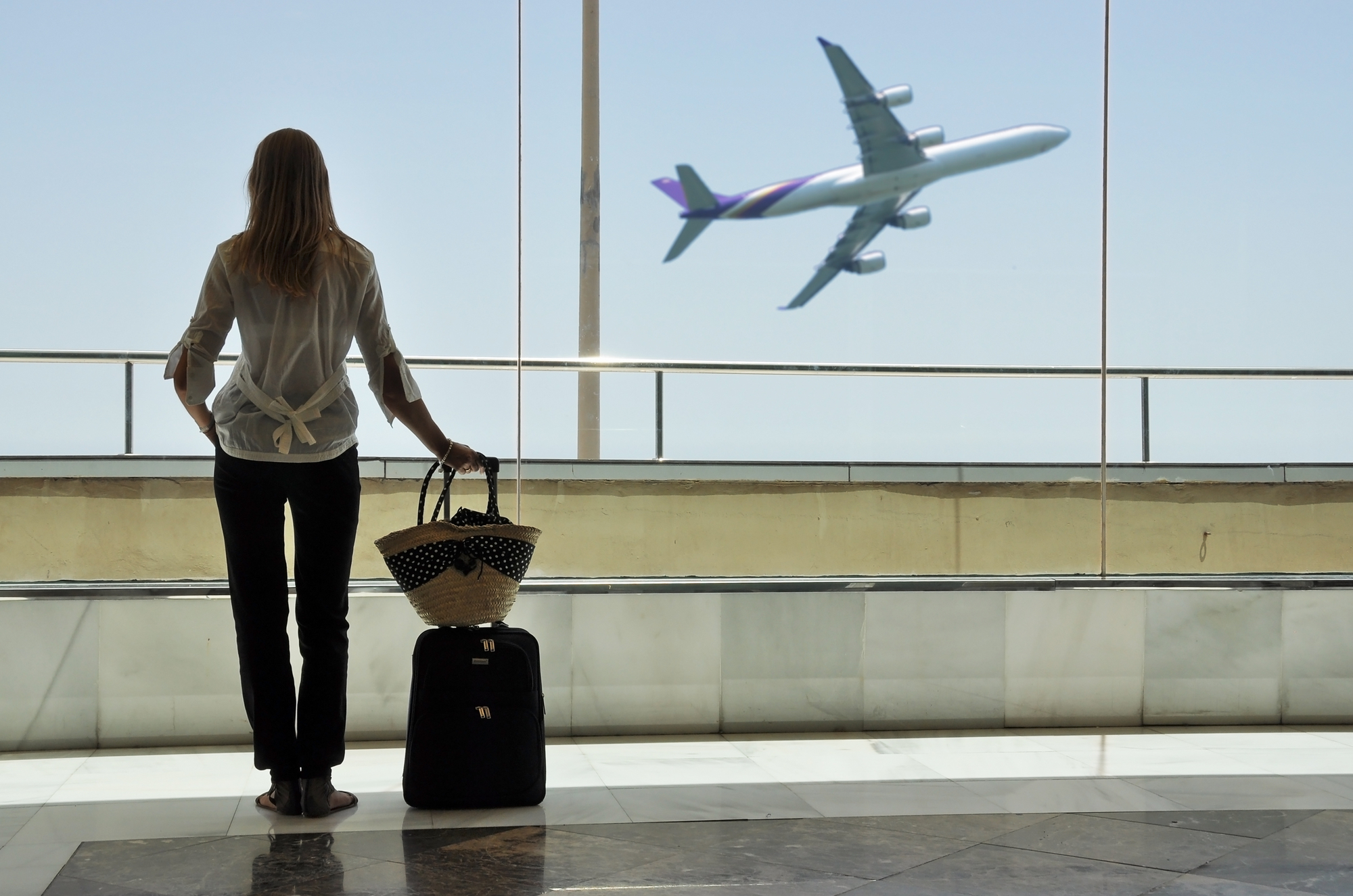For many air travelers, the moments before takeoff present an irresistible opportunity to catch up on sleep. However, there are compelling reasons to resist the urge to doze off until after the aircraft has reached cruising altitude. In this article, we explore the significance of staying awake during takeoff and landing for both comfort and safety.
Understanding Ear Barotrauma
During takeoff and landing, rapid changes in air pressure within the aircraft cabin can lead to a condition known as ear barotrauma or “airplane ear.” This discomfort arises from the inability of the eardrums to adjust quickly to the pressure changes, resulting in pain, a feeling of stuffiness, or even slight hearing impairment. Individuals who are asleep during these critical phases of flight may be at greater risk of experiencing ear barotrauma due to reduced swallowing and yawning, which help equalize pressure in the ears.
Mitigating Ear Discomfort
While manual techniques such as yawning, swallowing, or chewing can help alleviate ear pressure, certain factors such as congestion or smaller eustachian tubes may increase susceptibility to airplane ear. For travelers seeking additional protection, specialized earplugs with ceramic filters, such as EarPlanes, offer a solution by facilitating slower equalization of ear pressure.
Safety Considerations During Takeoff and Landing
In addition to ear comfort, staying awake during takeoff and landing is crucial for passenger safety. These phases of flight are statistically more prone to accidents, making it essential for passengers to remain vigilant. In the event of an emergency evacuation, being asleep could delay response times and hinder passengers’ ability to evacuate swiftly and safely.
Balancing Rest and Awareness
While resisting the urge to sleep entirely may be challenging, passengers can strike a balance between rest and awareness by taking short naps during less critical phases of the flight, such as during boarding. By remaining awake during takeoff and landing, travelers can ensure they are fully prepared to respond to any unforeseen circumstances and contribute to a safer and more comfortable flight experience for themselves and their fellow passengers.
Conclusion
While the temptation to sleep during takeoff and landing may be strong, prioritizing awareness and vigilance is essential for both personal comfort and safety. By staying awake during these critical phases of flight, passengers can mitigate the risk of ear discomfort and be better prepared to respond to any emergencies that may arise. Ultimately, by remaining alert and attentive, travelers can contribute to a smoother and more secure journey for all onboard.

